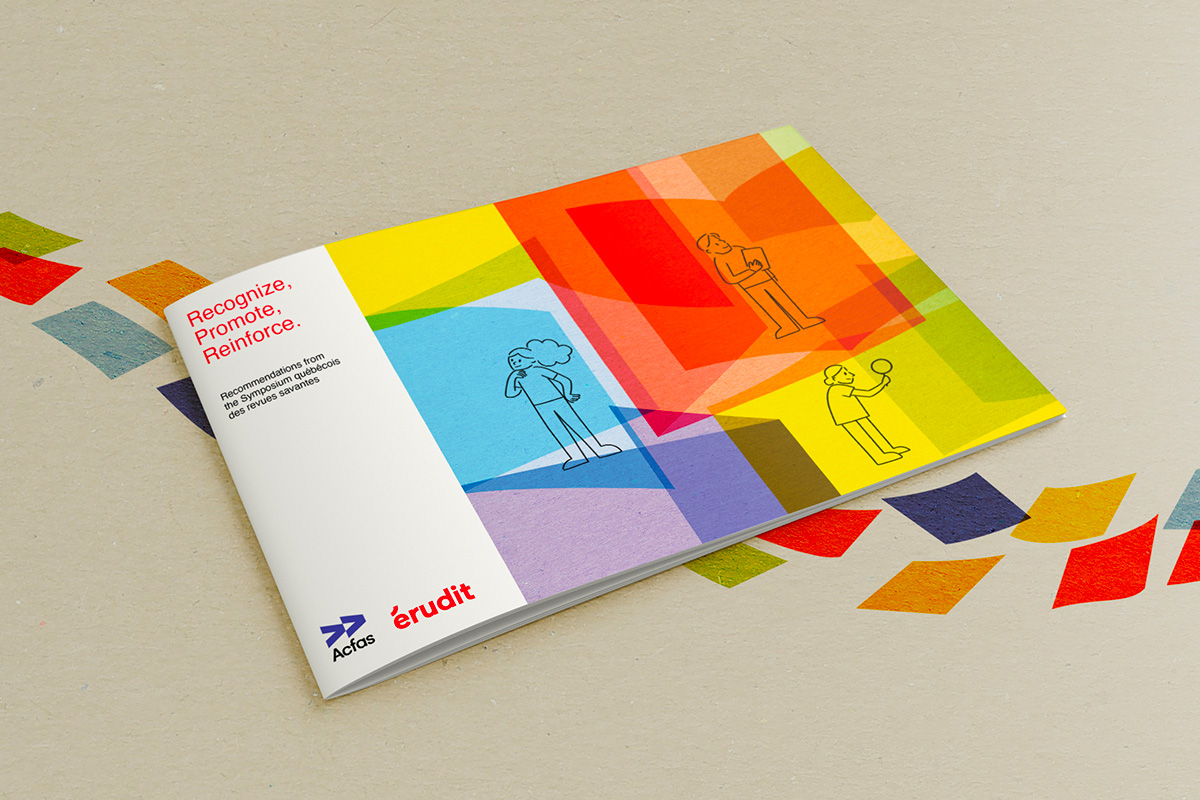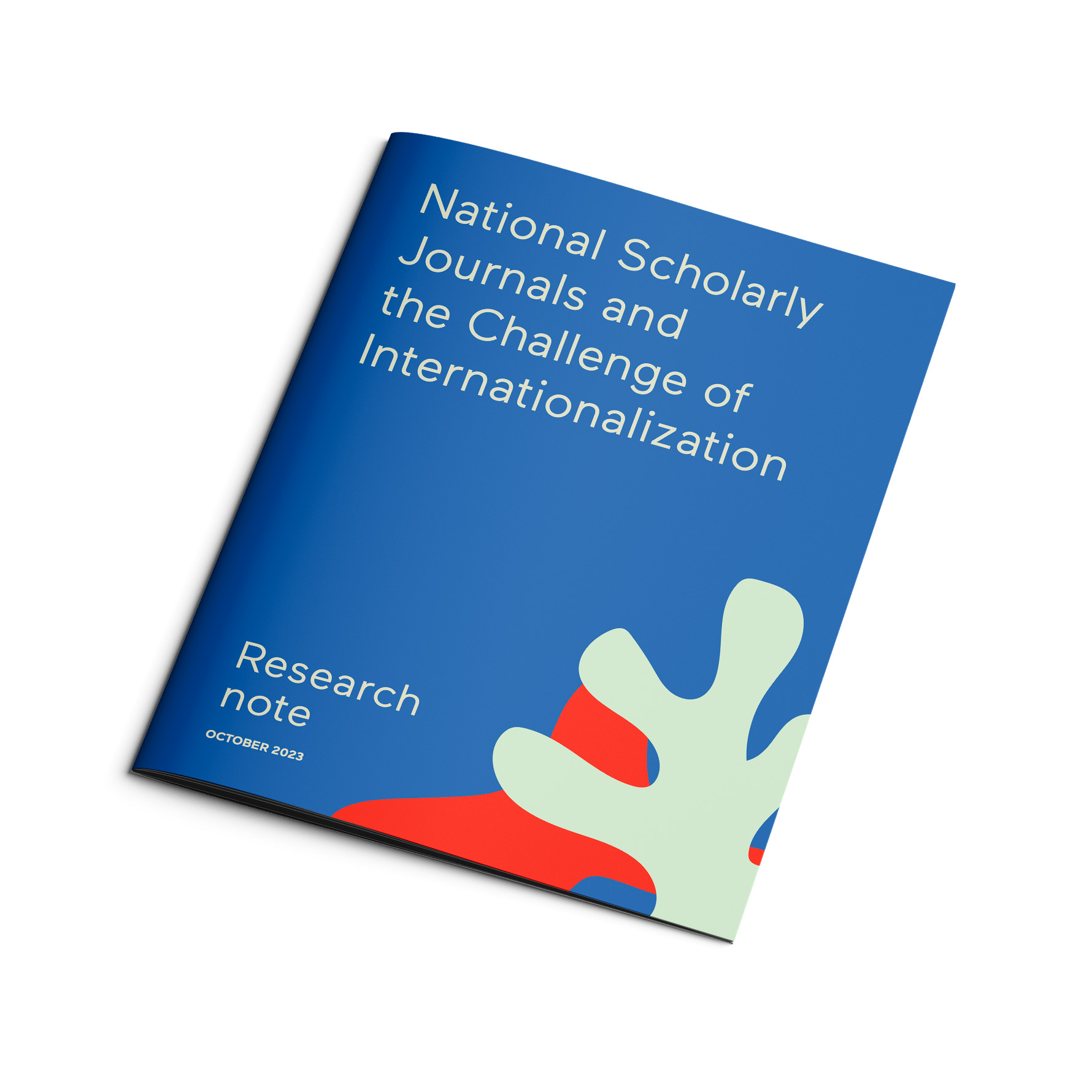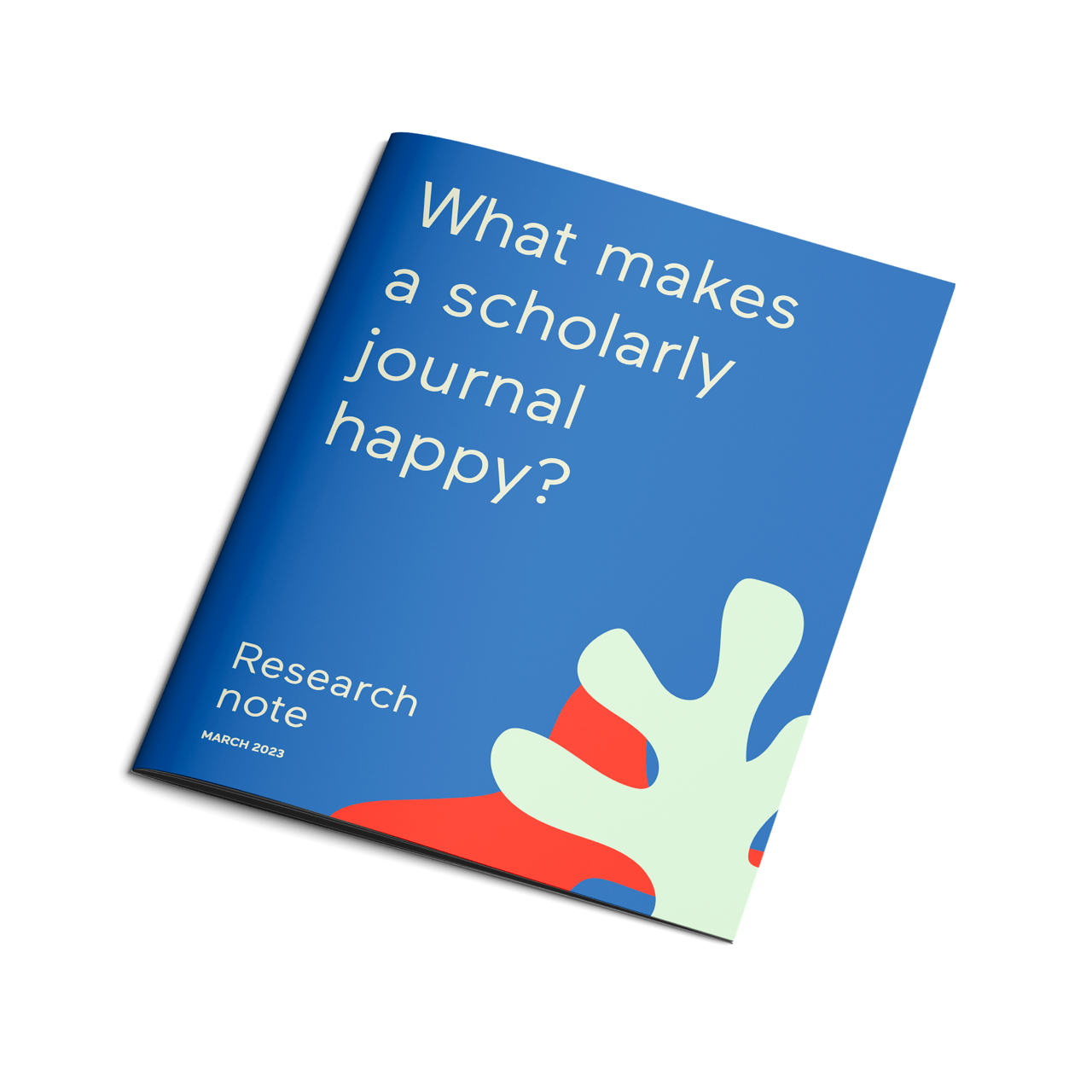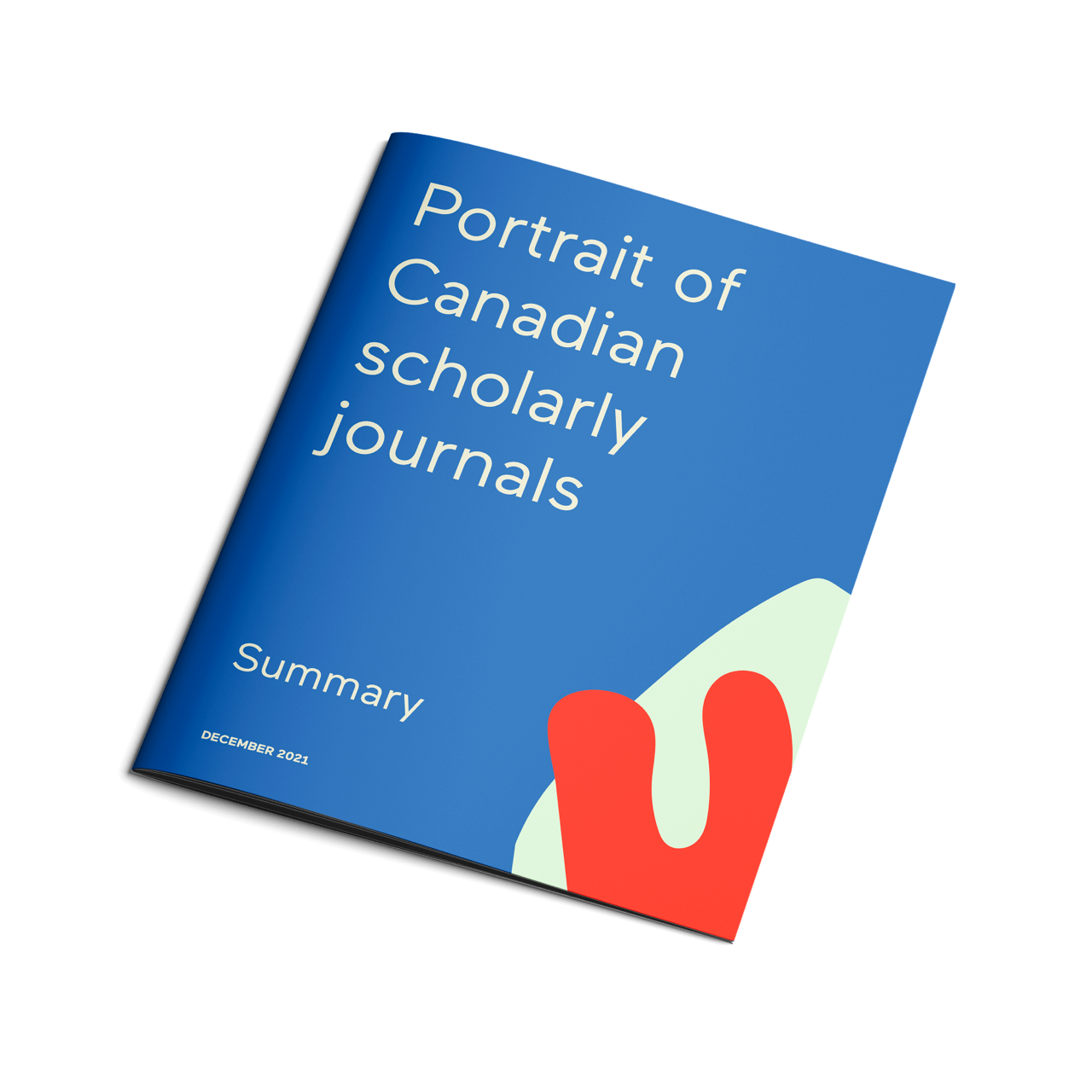Here you can find documents produced by our team as part of the exploration and exchange of ideas on the development of scholarly publishing, the digital dissemination of research and culture, and the open science movement.
Recommendations from the Symposium québécois des revues savantes
Québec and Canadian scholarly journals are operating in an environment undergoing profound changes, which threaten their vitality and even their very existence. Following the Symposium québécois des revues savantes, a series of concrete recommendations aimed at contributing to the future of scholarly publishing was unveiled during a special activity organized for the 91st edition of the Congrès de l’Acfas.
The Challenge of Internationalization
This note aims to probe into the social, political, and scientific issues that can be uncovered within the current trends surrounding the internationalization of social sciences and humanities journals.
We will be giving special attention to the context of Canada and Québec, while also considering other countries.
What makes a scholarly journal happy?
To function, scholarly journals require certain resources, notably financial means. On the ground, this reality leads to this ever-present question: how much budget is necessary for a journal to keep operating in an open access environment? However, a closer analysis shows that budgetary criteria are not the sole predictors of whether a journal runs well, which depends greatly on the environment in which it operates. In other words, scientific publishing is not split between “poor and flawed” journals on one side, and “rich and healthy” ones on the other. The situation is more nuanced.
What are the factors that lead to a happy journal?
This research note was featured in a University Affairs article.
Portrait of Canadian scholarly journals
For more than two decades, digital technologies have been shaking up how academic publishing is being used. Indeed, existing funding models, both in Canada and abroad, are being called into question by the transition towards open access, which is picking up steam and seems well on track to become standard practice. Ambitious initiatives like Plan S1 are both a driver of and a testament to these transformations.
This document summarizes an open-access study entitled “Canadian scholarly journals in the humanities and social sciences” published in 2021 in French and in English.
Issues in Scholarly Dissemination
In 2021, we were pleased to release bilingual research notes on four major issues in our sector: copyright, open science, open access, and impact measures.
These four notes were prepared by the Consortium Érudit research team, with contributions from Marie Léger-St-Jean, an independent researcher, and under the supervision of Vincent Larivière, Professor at the Université de Montréal, Canada Research Chair on Transformations in Scholarly Communication, and Scientific Director of the Consortium Érudit. The project received financial support from the Secrétariat aux relations canadiennes of the Government of Quebec.



